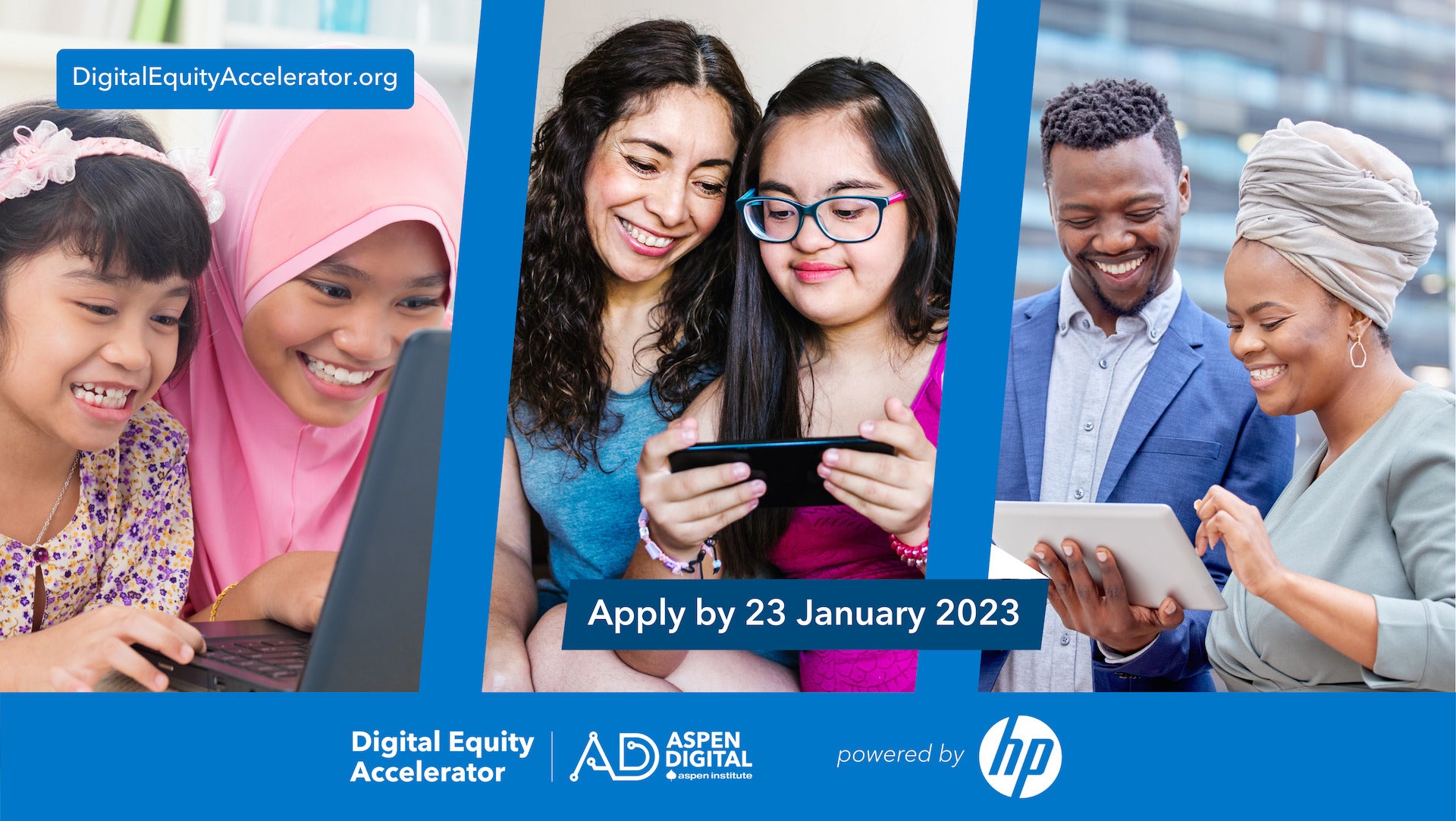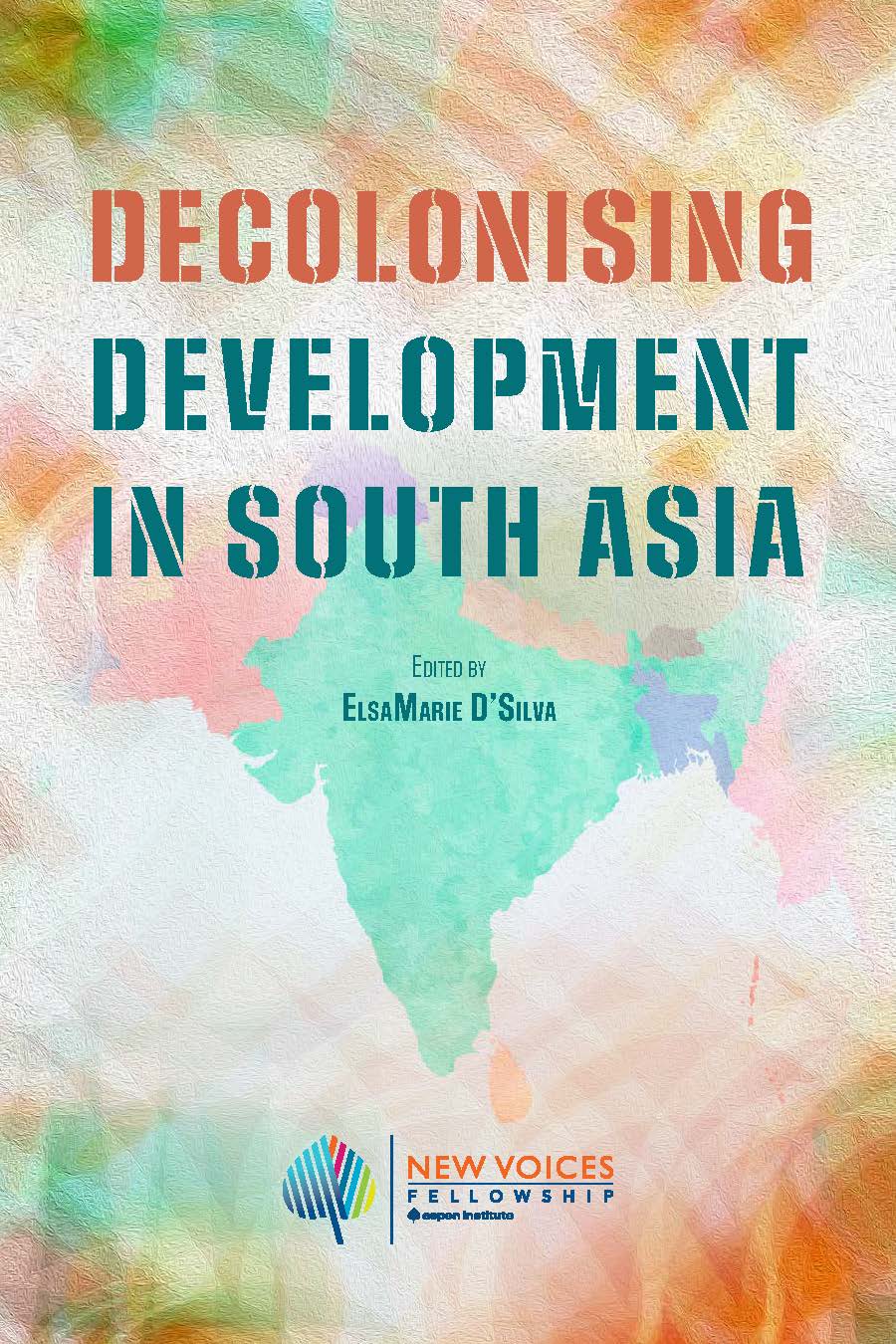Above, watch the announcement of the 2017 John P. McNulty Prize Laureates.

This year marks the tenth anniversary of the John P. McNulty Prize, an award founded by Anne Welsh McNulty in honor of her late husband. When she created the Prize, Anne said she hoped “to remember John and honor his leadership and commitment to fostering opportunities for others.” The McNulty Prize Laureates are four extraordinary leaders from across the world who felt the moral imperative to act, and who have used their entrepreneurialism and professional expertise to address seemingly intractable challenges in their communities.
During his keynote speech, Aspen Institute president Walter Isaacson drew parallels between the Laureates and the visionaries he has catalogued in his many biographies. Like Leonardo da Vinci, Steve Jobs, Benjamin Franklin, and Albert Einstein, the McNulty Laureates have chosen to fight for inclusivity. “In order to move from success to significance, you have to overcome one thing,” Isaacson said. “You must connect your passion to something larger than yourself.”
The 2017 Laureates are doing this in innovative, scalable, and replicable ways by:
- Training Syrian journalists in objective, reliable reporting on the conflict in their country
- Giving Palestinian and Honduran youth experience in governance and holding elections
- Extending training and access to markets for formerly displaced Ugandan farmers
- Creating a national platform for civic engagement in Panama
The McNulty Prize is given annually to honor the inspiring work of Fellows of the Aspen Global Leadership Network and their social ventures. Each Laureate will receive $25,000 to further his or her venture. An international jury, including former Secretary of State Madeleine Albright, international statesman Olara Otunnu, development expert Brizio Biondi-Morra, and President of the Ford Foundation Darren Walker, will select the winner. The winning venture will receive $100,000 and will be announced in November in New York City.
The Laureates for this year’s Prize are:
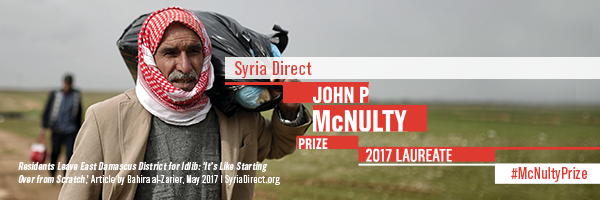
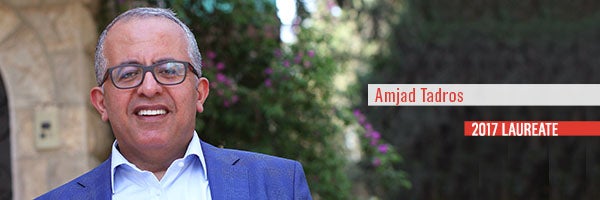
Syria Direct | Amjad Tadros
Jordan, Middle East Leadership Initiative
By training new generations of Syrian reporters, entrepreneur and award-winning journalist Amjad Tadros is ensuring that Syrian perspectives are heard, and that the world has access to objective, truthful in-depth reporting on the region.
“There is a genuine desire among readers for independent, credible reporting on Syria from a Syrian perspective. Our aim was to teach aspiring Syrian journalists one simple fact: that reporting the truth – even when it doesn’t support your personal opinion – is the only way to the story.” – Amjad Tadros
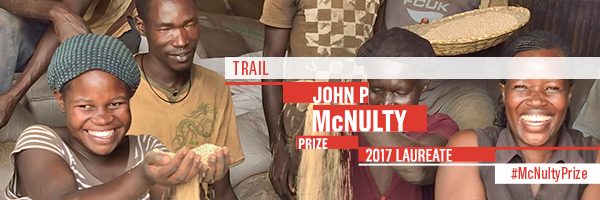
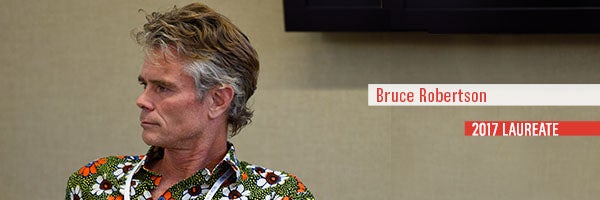
TRAIL (Transforming Agriculture for Improved Livelihoods) | Bruce Robertson
Uganda, African Leadership Initiative – South Africa
Following the Lord’s Resistance Army’s devastation of Northern Uganda, agriculture executive Bruce Robertson is rebuilding the region’s economy and the livelihoods of smallholder farmers through agronomy training, financial literacy, and access to markets and capital.
“Training fundamentally alters farmers’ economic prospects. While NGOs can train farmers, they cannot buy crops, so farmers are left stranded. This is not charity. These farmers are meeting a need.” – Bruce Robertson

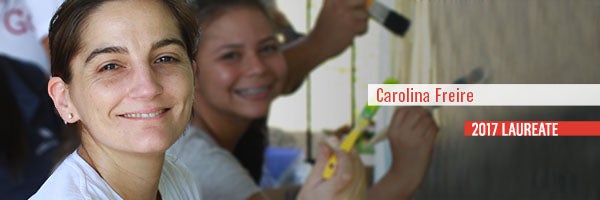
Voluntarios de Panamá | Carolina Freire
Panama, Central America Leadership Initiative
Uniting a broad network of private, public, and nonprofit stakeholders, public policy specialist Carolina Freire is shifting the national culture around civic engagement, and propelling citizens to address community challenges by spearheading Panama’s first national volunteer platform.
“Our dream is that more Panamanians are infected with the spirit and desire to take collective action and help our fellow citizens.” – Carolina Freire
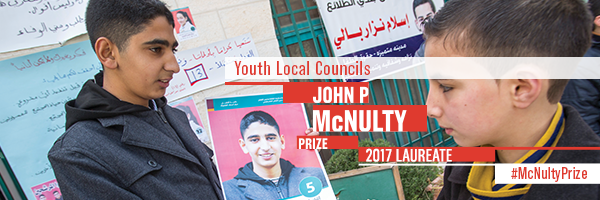
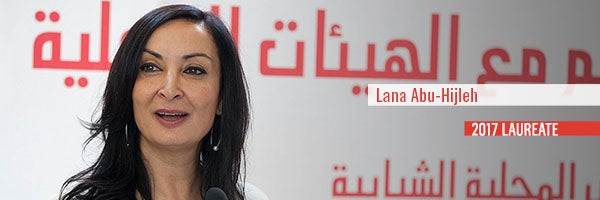
Youth Local Councils | Lana Abu-Hijleh
Palestine with global replication, Middle East Leadership Initiative
Building the next generation’s experience and faith in peaceful democracy, development expert Lana Abu-Hijleh is enabling youth in places like Palestine and Honduras to hold democratic elections, serve constituent communities, and practice good governance in full-fledged councils.
“It’s about engaging youth in a positive way and providing them with tools and values they can carry in the future when they take on leadership roles. We need leaders who can gain the trust of their communities, and that cannot just be created. It has to grow from the grassroots.” – Lana Abu-Hijleh
See how the McNulty Prize has been making an impact around the world over the last decade:
